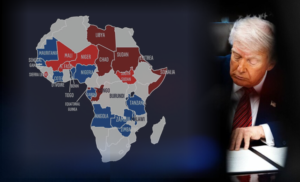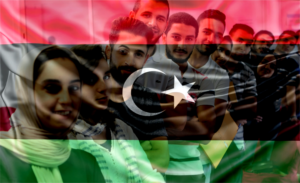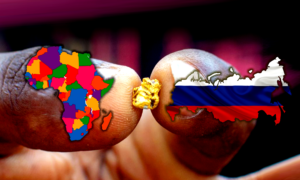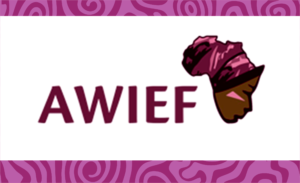US Restores Long-Term Visa Validity for Ghanaians after Diplomatic Breakthrough
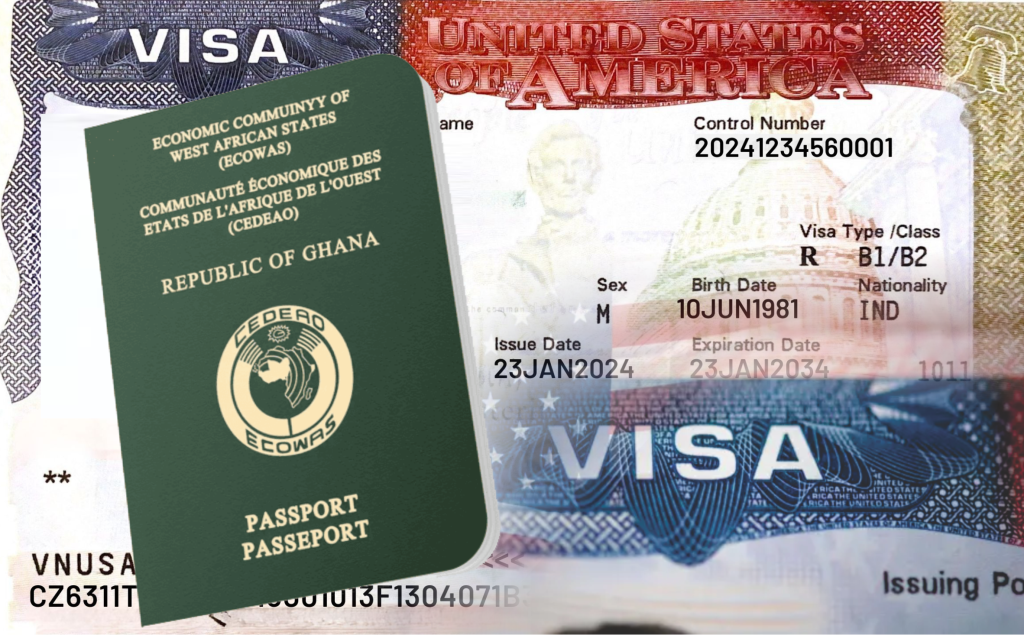
The United States has restored maximum visa validity periods for Ghanaian citizens, returning to the previous five-year multiple-entry B1/B2 visitor visa and four-year multiple-entry F1 student visa. The move reverses restrictions imposed earlier in 2025 and follows months of quiet but intense diplomatic negotiations and talks that linked travel access to Ghana’s acceptance of West African deportees from the US.
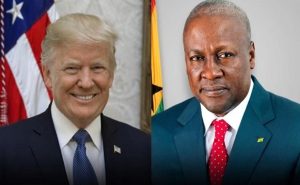
The decision announced this week by the US Embassy in Accra, has sparked relief, debate and reflection across Ghanaian society. This is more than a bureaucratic shift for families, businesses, students and politicians. The restoration touches on identity, opportunity and the complex ties that bind Ghana to the United States.
This reinstatement of the five-year visitor visas means more than convenience for many Ghanaian families. It represents the chance to reconnect across continents without the anxiety of frequent renewals and uncertain approvals. “Now I can plan to see my children in New Jersey without worrying every year if I’ll get a visa again; It feels like a door has opened for us to be a family again” said 62-year-old Ama Owusu, a retired teacher in Kumasi.
The earlier restrictions, which had shortened visa validity to just one year, disrupted family visits, putting emotional and financial strain on households. The business community has also welcomed the announcement. Ghanaian entrepreneurs and executives particularly in sectors like cocoa exports, real estate and technology, rely heavily on travel to US markets for trade fairs, negotiations and partnerships.
Shorter visas had been viewed as a drag on commerce forcing repeated applications and undermining investor confidence. The restoration of long-term visas, according to the Ghana Union of Traders Association, sends the right signal about Ghana-US economic ties at a time when the Ghana economy needs stronger international engagement. The change means less red tape for small business owners too. Kojo Mensah, an Accra-based fashion exporter who frequently attends trade shows in Atlanta and New York said “when you spend thousands of cedis just to renew your visa every year, that’s money you could have put back into your business.”
Perhaps the biggest winners are Ghanaian students. The return of the four-year F1 student visa gives young Ghanaians the stability they need to complete their degrees in the United States without worrying about yearly renewals. “This gives me peace of mind to focus on my studies. Before, I felt like I was studying on borrowed time” said Abena Adu, a 19-year-old freshman at Howard University.
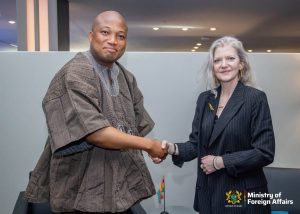
And in Ghana, where youth unemployment is high, US education remains both a pathway for upwardly progressive young minded aspirants; and as a source of remittances too. Graduates who later secure a job in the US often support families back home, while others return with skills that feed Ghana’s growing industries.
Behind the human stories lies the political bargaining. US officials had linked longer visa validity to Ghana’s cooperation in accepting deported West Africans living unlawfully in America. Earlier this year, Ghana agreed to increase repatriation flights, a concession that helped break the impasse. While in Accra, opposition figures have criticized the government for trading deportees for longer visa validity, with the ruling party framing the deal as pragmatic diplomacy that safeguards Ghanaian flexibility. Even then, some believe the government acted in the national interest. As this is about maintaining a respectful partnership with the US and protecting opportunities for our citizens. Washington’s part-play, presented the policy shift as evidence of improved cooperation with Ghana on migration management.
The embassy’s announcement has rippled across social media, with many Ghanaians celebrating the return of what they see as a fairer system. Yet, some voices caution that the change highlights a strong dependency on US policy decisions that can alter lives overnight. At the same time, the restoration is probably renewing optimism among Ghanaian diaspora communities, who send home billions of dollars annually in remittances. Many people suggest the visa change could indirectly boost household income across the country, as more relatives can travel, study and engage in cross-border commerce.
![]()
The return to five-year multiple-entry B1/B2 and four-year multiple-entry F1 visitor visas are a tangible win for families, students and businesses back in Ghana. Nonetheless, it also underlines the delicate balance of international relations, where migration, diplomacy and domestic politics intersect. This development restores a measure of dignity after months of uncertainty for the Ghana government. While for the United States, it demonstrates the leverage of visa policy in shaping cooperation abroad.
As the first wave of applicants line up under the restored policy, one thing is clear that the small stamp on an international passport, continues to carry outsized meaning, bridging not just borders but lives.




